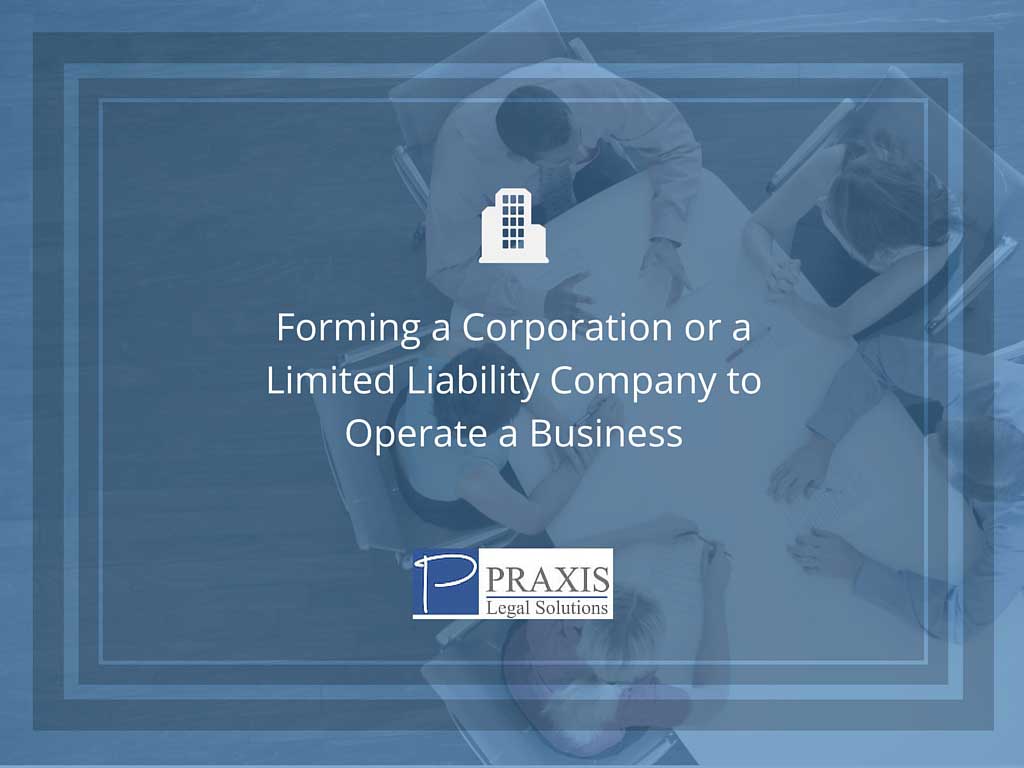You wouldn’t drive a car without insurance, would you? Maybe you would, if you thought you could get away with it. But, when your car is rea-ended, or you rear-end another car, you’ll be weeping while you write the checks to pay for the damage, and the fine for driving while uninsured.
No one plans to have a car accident, but most people plan for a car accident. So, while you wouldn’t plan to have a blow-up with your business partner, it’s smart to plan for that possibility.
Operating Agreements
Operating agreements are like an owner’s manual for limited liability companies. They provide the instructions for dealing with the range of contingencies that arise in the operation of a business.
Need capital? Your operating agreement will describe the when and how to bring in one or more investors. Want to borrow money or acquire a competitor? An operating agreement will lay out the process for the members to consider and vote on a major business decision.
Operating agreements define and describe the functions and limits of authority of the officers of the company; what they may and may not do on their own, and when the approval of the members of the company is required.
An operating agreement will often contain detailed provisions on how items of income and loss are allocated, and when and under what circumstances distributions of income will occur. What may seem dense and needlessly paragraphs of “legalese” can come in handy when members prepare their tax returns.
Most importantly, a well-drafted operating agreement can function to resolve disputes between and among the members of an LLC, and to provide a mechanism for the orderly withdrawal or a member or the sale of a membership interest.
Operating agreements are like insurance (and instruction manuals); there when you need them. For more information on business law and operating agreements, contact us today.







 Mind Your Formalities
Mind Your Formalities Buy/Sell Agreements FAQs
Buy/Sell Agreements FAQs Consumer Arbitration
Consumer Arbitration Hobby Lobby and the Law of Unintended Consequences
Hobby Lobby and the Law of Unintended Consequences Websites, Mobile Apps and the ADA
Websites, Mobile Apps and the ADA
Leave a Reply